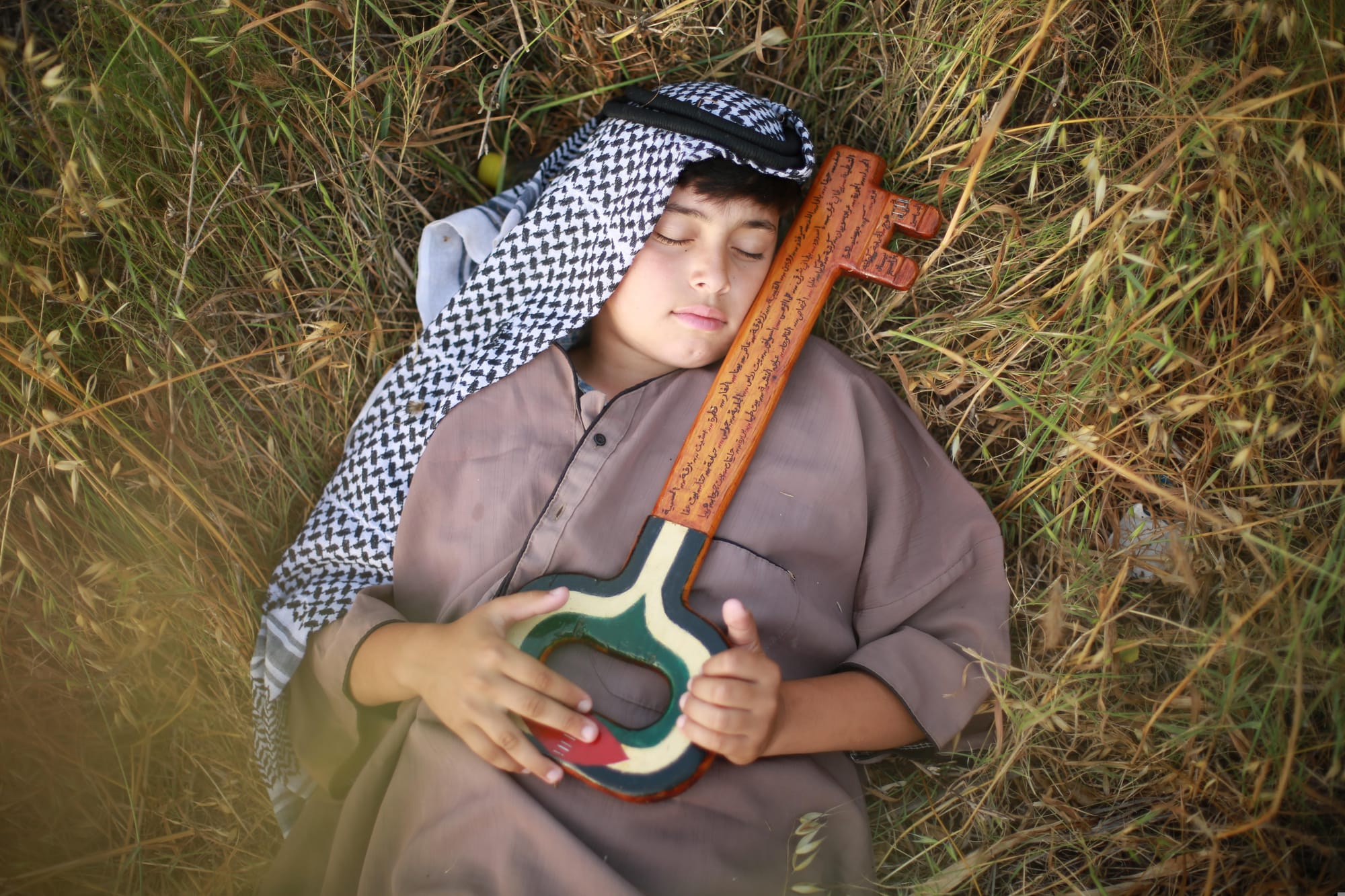Palestine likely to reject Trump’s plan

A senior official from Gaza has told the BBC this week that the US-brokered ceasefire-and-disarmament plan is “likely to be rejected” - and it’s not hard to see why.
What Washington and Jerusalem are calling a pathway to peace, reads, to many Palestinians, like a recipe for permanent occupation: disarm the people of Gaza, surrender control of their territory, and accept an externally imposed security architecture that leaves the core injustices untouched.
President Trump gave Hamas “three or four days” to accept the 20-point proposal - an ultimatum wrapped in a threat. Trump has already signalled that he will back Israel to “finish the job” if Hamas refuses the deal, while Arab mediators from Qatar, Egypt, and Turkey push privately for acceptance.
That squeeze, an international carrot dangled with a very big stick - risks forcing Palestinians into a lose-lose choice: accept terms many see as capitulation, or endure renewed and escalated violence.
What Palestinians are actually objecting to
The objections are straightforward and rooted in lived experience. The plan requires demilitarisation and the deployment of an international security force, measures many say would strip Gaza of any means of self-defence, leave daily life under foreign oversight, and effectively institutionalise a new form of occupation.
A senior Gaza official told the BBC the draft “serves Israel’s interests” while “ignoring those of the Palestinian people.” For Palestinians who have endured decades of displacement, checkpoints, and blockade, such prescriptions do not look like the beginnings of sovereign statehood - they look like a repackaging of control.
Why rejection is likely - and what that would mean
Rejecting a plan that demands disarmament and surrender is predictable when the alternative is continued subjugation. If Hamas formally says “no,” the immediate consequence - as signalled by Trump and echoed by Israeli officials - will very likely be a stepped-up military offensive under the banner of enforcing the plan. That means more bombing, more humanitarian collapse, and more civilians trapped with nowhere safe to go. International mediators who hoped for a quick end will instead face months more of negotiating under fire, while the people of Gaza pay the price.
But there’s a deeper, long-term risk. A ceasefire that proceeds on terms that neutralise Palestinian political and security agency - without addressing settlements, blockade, freedom of movement, the right of return, and real sovereignty - will only postpone future eruptions. You cannot disarm people into dignity. You can bulldoze their homes or occupy their streets, but unless a genuine political settlement addresses the causes of the conflict, the next round of violence is merely a matter of time. Observers inside the region see this proposal as offering tactical quiet at the cost of strategic justice.
What Palestinians, and international allies are demanding instead
Across Gaza and the diaspora, the urgent demands are simple and humane:
- Immediate, guaranteed humanitarian access and the lifting of the illegal blockade so food, medicine, and reconstruction can reach people now.
- Real, verifiable steps toward accountability for war crimes and a political process that includes Palestinian representatives - not a plan imposed from outside.
- Security that protects civilians, not one that replaces one form of control with another.
If the international community truly wants lasting peace, it must stop treating Palestinian agency as an optional concession and start treating Palestinian rights as non-negotiable prerequisites for any deal.
The moral and political moment
This isn’t merely a diplomatic spat; it’s a test of whether global powers will continue to reduce Palestinian life to bargaining chips. The plan’s backers talk about “historic” potential - yet many Palestinians rightly ask: historic for whom? To accept a plan that disarms people while leaving the structures of dispossession intact would be to codify an injustice. Refusal, then, is not necessarily an intransigent posture - it can be a principled stand against a ceasefire that offers a pause in suffering but cements the conditions that produce suffering in the first place.
Final word
If the proposal is rejected, expect more violence in the short term and more international moral scrutiny. But rejection also opens a clear argument: peace that ignores justice is not peace at all. The only durable solution is one that recognises Palestinian rights, ensures accountability, and removes the political and structural drivers of conflict. Anything less will only guarantee that the cycle repeats - and that ordinary Palestinians continue to pay the price.
